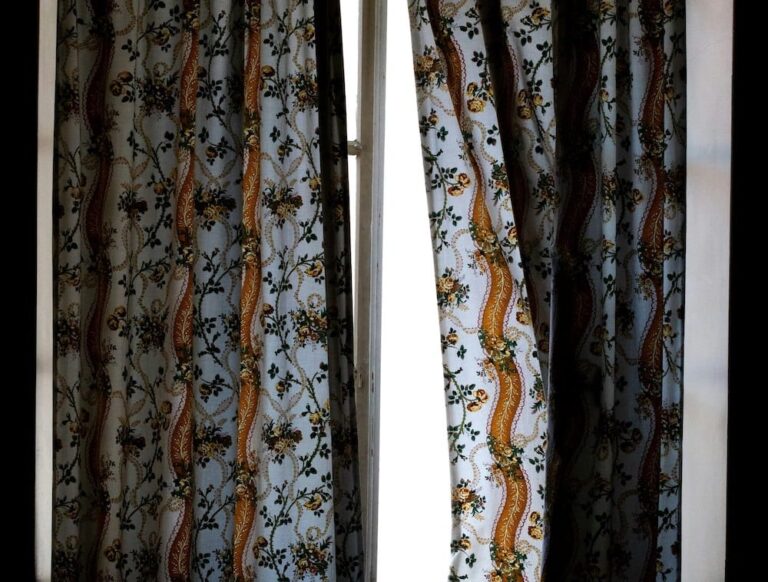avoir hâte
The French phrase “avoir hâte” means “to look forward to” or “to be eager.” The phrase is simple and commonly used in everyday conversation.
Structure and Usage
The phrase is made up of two parts:
- Avoir: the verb “to have.”
- Hâte: a noun meaning “haste” or “eagerness.”
When combined, “avoir hâte” literally means “to have eagerness.” It is always followed by de or que to introduce what you are looking forward to.
Examples:
- J’ai hâte de te voir.
(I look forward to seeing you.) - Elle a hâte de partir en vacances.
(She is eager to go on vacation.) - Nous avons hâte que le film commence.
(We can’t wait for the movie to start.) - Il a hâte que nous partions.
(He is eager for us to depart.)
Etymology of “Hâte”
The word hâte comes from the Old French haste, which means “speed” or “urgency.” It traces back to the Latin word festinare, meaning “to hurry.” Over time, hâte evolved to also convey eagerness or anticipation, not just speed.
Key Points to Remember
- Use “avoir hâte de” before a verb.
- Use “avoir hâte que” before a subject and verb (note: the verb after que is often in the subjunctive mood).
- The phrase is neutral and works in both formal and informal contexts.






